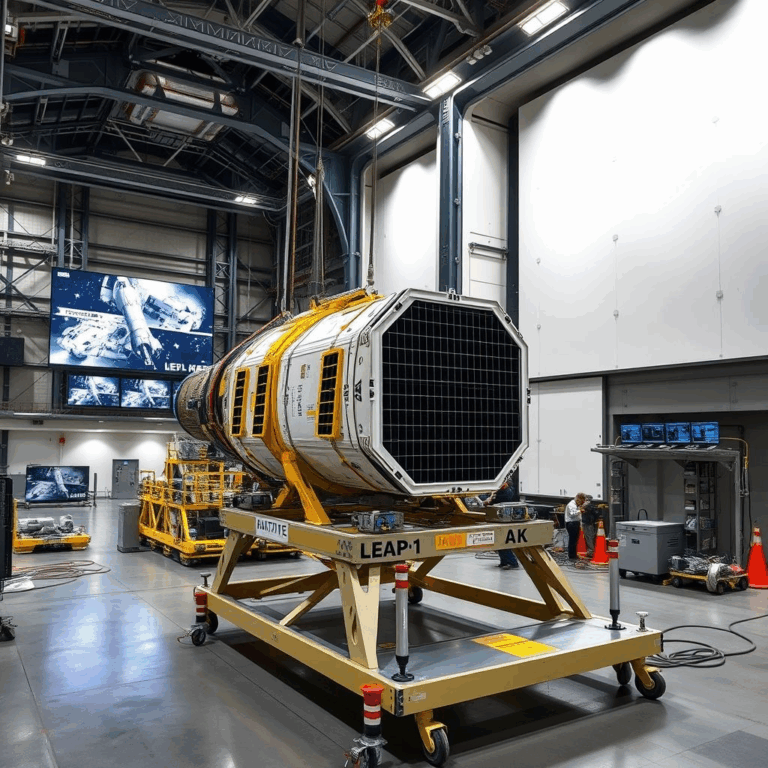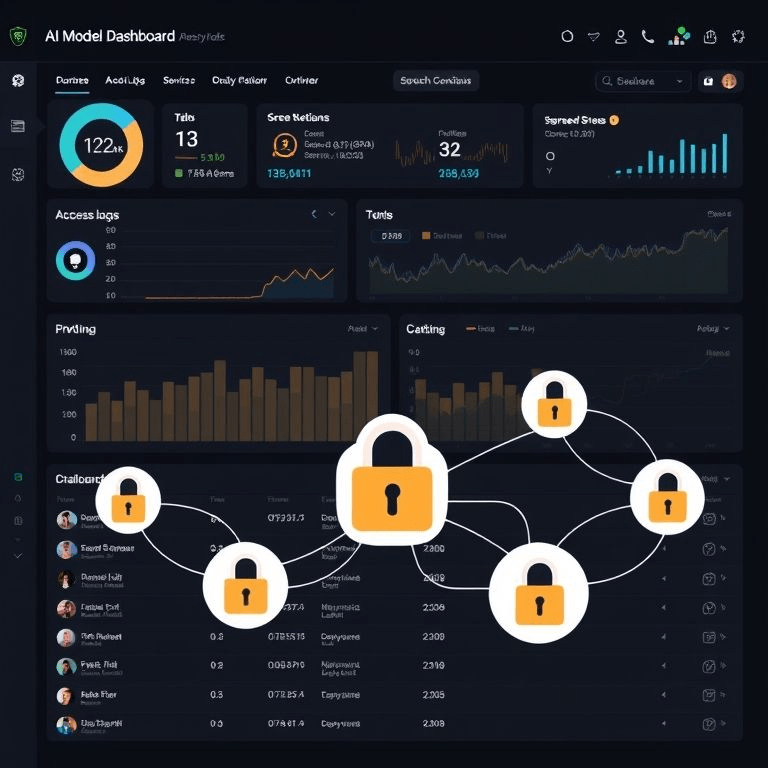Introduction
As artificial intelligence becomes foundational across industries, so do the risks surrounding its misuse and vulnerabilities. Noma Security, a rising cybersecurity startup focused on AI model protection, has just raised $100 million in a Series B round, according to an announcement on July 27, 2025.
Led by Index Ventures and supported by existing investors like Sequoia Capital, Zetta Venture Partners, and Cyberstarts, the funding will help Noma scale its platform that protects AI and LLM (Large Language Model) pipelines — a growing need in today’s corporate environments where AI is both a strength and a risk vector.
The round values the startup at $800 million, up from $250 million during its Series A, and positions Noma at the forefront of LLM-specific security infrastructure.
Background: The AI Security Gap
With AI rapidly adopted in critical sectors such as finance, healthcare, and national defense, the attack surface has evolved. Traditional cybersecurity solutions aren’t built to protect against:
- Prompt injection attacks
- Model hallucinations
- Training data poisoning
- Unauthorized fine-tuning
- Model output leakage
Noma Security, founded in 2022 by former cybersecurity engineers from CrowdStrike and OpenAI, addresses this gap by building a first-of-its-kind Layer 7 security system for AI workflows.
Its flagship product monitors and safeguards data flowing in and out of LLMs, detects abnormal model behaviors, prevents adversarial queries, and ensures model responses don’t leak sensitive or proprietary information.
The Funding Round: Strategic Timing
Noma’s $100 million Series B comes at a time when global AI security incidents are on the rise.
In the past 12 months alone:
- A major retailer’s AI chatbot leaked internal product roadmap documents.
- A government agency’s internal LLM was compromised via a supply chain vulnerability.
- A healthcare company faced backlash after an LLM generated inaccurate patient advice during a public demo.
These events — and many unreported ones — have forced CISOs to rethink how they secure not just data, but the AI layers built on top of it.
“AI is eating the enterprise stack. But it’s also introducing an entirely new layer of risk. Noma is solving that risk head-on,” said Shay Banon, General Partner at Index Ventures.
What Noma Does Differently
Noma isn’t just building firewalls — it’s building context-aware AI firewalls. Its key differentiators include:
- Dynamic LLM Firewalls: Filter and validate inputs/outputs in real-time.
- Model Fingerprinting: Detect unauthorized model tampering or replacement.
- Prompt Sanitization Engine: Strip or neutralize malicious user prompts.
- Audit Trails for LLMs: Full session logging and response compliance.
- Multi-cloud LLM Protection: Works across OpenAI, Anthropic, Azure, AWS Bedrock, and open-source models.
What makes Noma particularly powerful is its API-first integration, which allows developers to wrap any LLM pipeline (including homegrown ones) with enterprise-grade security.
Customer Base and Enterprise Demand
Noma claims to have over 100 enterprise customers, including major names in healthcare, fintech, and government.
In April 2025, it inked a partnership with Microsoft Azure AI to offer pre-integrated model protection across Azure-hosted LLM environments. It also recently won a contract with a U.S. defense agency, which is piloting Noma’s protection layer for confidential mission-based models.
According to CEO David Harris, enterprises are moving from “experimental” AI to “mission-critical” AI, and security cannot be an afterthought.
“AI is the new kernel of the enterprise OS. And like every kernel, it needs runtime security,” Harris told TechCrunch.
Growth Metrics and Roadmap
Noma’s platform is already protecting over 40 billion tokens per month and processes requests across 6 continents. The company reported 7x revenue growth year-over-year, with average customer contract values increasing as security becomes a boardroom priority.
With the new funding, Noma plans to:
- Double its R&D headcount, especially for LLM adversarial testing.
- Expand its international GTM operations, focusing on Europe and Southeast Asia.
- Launch Red Team-as-a-Service for AI systems, letting enterprises simulate attacks on their own models.
- Develop a compliance suite tailored for AI regulations, including EU AI Act and U.S. AI Bill of Rights.
The Competitive Landscape
While AI security is an emerging market, Noma is not without competitors. Other players include:
- Lakera – focused on AI red-teaming.
- ProtectAI – developing security pipelines for model training.
- Calypso AI – offering AI model risk classification.
However, Noma differentiates by offering full-stack runtime AI protection, rather than just model lifecycle checks or static testing.
The Future of AI Cybersecurity
As enterprises rush to deploy LLMs and generative AI tools across their stacks, the attack surface expands in real time. Noma is betting that this evolution will make AI-specific security architecture as essential as endpoint protection or cloud firewalls.
The startup is also contributing to open-source initiatives, including PromptSecure, a framework for standardizing safe prompt design.
Analysts believe that with the right execution, Noma could become the CrowdStrike of the AI era.







